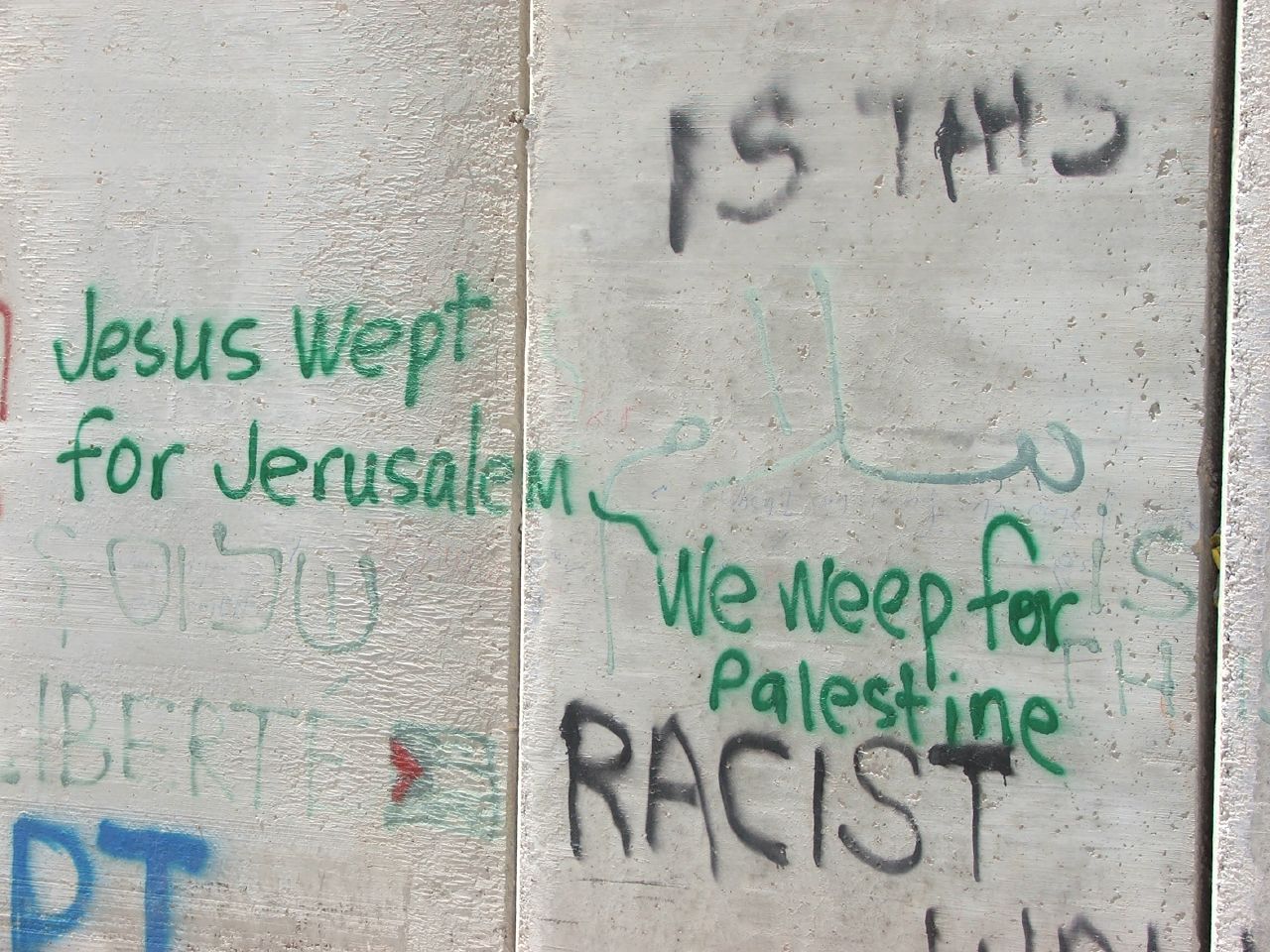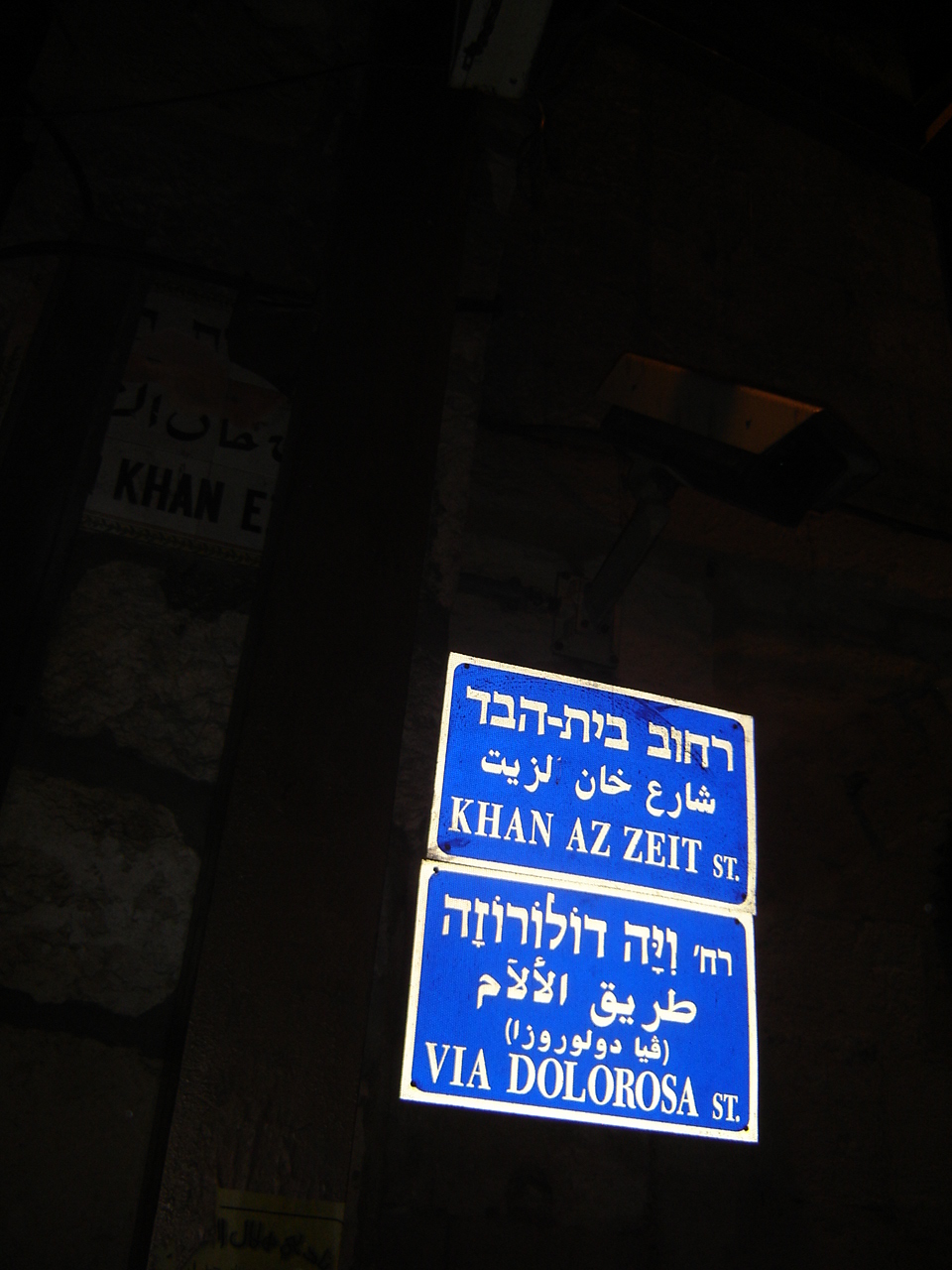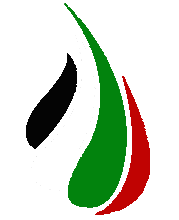Jesus Christ was born to a Jewish family in the most desired land on earth and whose teachings sparked the birth of Christianity which was suppressed by the Romans who occupied Palestine then became their religion that they used in the Crusades that was defeated by the Muslims who call him Issa. The preceding long sentence about Jesus contains most of the vocabulary of our modern day polarizations. It summarizes the political and ideological complexities that are two thousand years old but still a viable source of debate. No figure appears in this global debate as does Jesus Christ, not even the important Jewish kings. These kings were local players, Jesus became global, and with him the peculiarities of his birth land became global and long living.
In his novel Ulysses, James Joyce knows how to counter punch the anti-Semites who harass the fictional character Leopold Bloom. When under verbal assault by the anti-Semitic citizen in Barney Kiernan's pub Bloom reminds the Christian anti-Semite that [“And Jesus was a Jew too. Your god He was a Jew like me”]. It is true, but Bloom meant it to be an offense to those who degraded the Jews.
Some Palestinians, mostly the Christian Palestinians, would like to claim their Jesus as the being Palestinian. I believe that every one has the right to claim his/her Jesus in the way she/he imagines him, the Chinese Christians’ icons display Jesus as a Chinese and that’s pretty fine. Also in the large context that Palestine is one of the many names of the land and the name preferred by the non Jewish natives since antiquity, then this claim is correct if it means that Jesus was born in this land that we later called Palestine. However, some time this claim is pregnant with polarized motives, and that does not do justice to the legacy of Jesus who transcends geographical and national debates.
It is not so important where Jesus came from; it’s what he became what is important. To me Jesus is beyond labels. As a Palestinian I to feel that labels do not do me justice. Even the name Palestinian is a label that has its historical and political limits. We are the natives of this land that I do not know what its exact name is, and that is all what I care about.
As a Palestinian I do not need to claim that Jesus was a Palestinian. He was from my land, I feel so close to him physically and spiritually because of that. I live close to where he was born and closer to where he lived and on the same hills he walked on. Every thing around here reminds me of him, the horizon, the lilies, the springs, the shepherds and of course the sky. We share a lot of things in common. Whether he was a Palestinian or whether I am a Palestinian makes no difference.
In this context I was thinking about him and I realized that Jesus was indeed the main factor why the names Palestine lived till our very day. Jesus was born to a family Jewish in ethnicity and religion. Politically he was born into the Judea province of the Roman Empire.
The land of Jesus, my land, was called by different names according to the different nations who had the final say in political domains. The land of Canaan by the Canaanites and the Egyptian Empire. The Land of Israel by the Jewish tribes. The name Phoenicia also extended to it. The Philistines lived in the south Mediterranean and their areas was the Philistine Lands, to mention only few names.
But it was actually the Romans who called it Palestine in 135 AD, the name that became international and the name I find myself identified with now after two millennia. Of course the name must have been in use by the locals before the Romans came, since Romans did not invent it from the scratch. The Roman used the name already in use by non Jewish natives in an attempt to further suppress the Jewish presence in the land after the crush of their final revolt. After the Roman conquest, the natives became citizens of the Palestine Province of the Glorious Roman Empire. Jesus the man was born in Judea, but Jesus the legend was evolving into the now Palestine.
It is very interesting to see that the word Philistine/Palestine was still alive at the time of the Romans, since the Philistines were extinct as a nation eight centuries before the arrival of the Romans. It seems that the name was still in use among non Jewish natives up to the Roman times.
The Romans brought the name Palestine to their political records. However it was the Christian Church that incorporated the name Palestine into its early literature and pushed it into its lasting international fame. Most other Roman province names vanished after the fall of Rome and rebounded back to other native names. However the name Palestine lived as part of the legacy of Jesus. So it was one of its citizens, Jesus, who made the name of this province last for ever.
Was it not for Jesus, we may now be called Canaanites again and our land will be the Land of Canaan. Though I like the name Canaan, but here is another thing we have to thank Jesus for, the very name of Palestine.
I’m happy to have discovered another thing in common between us. Jesus, the Lord for one third of humanity, Word and Spirit of God for another third, the Love Messenger for the remaining third, was indeed behind the solidification and propagation of the name Palestine.
But this is a minor thing, as He was behind the solidification and propagation of ideals like justice, love and truth, things that we are in dire need for, both Palestinians and others in this land, the land of Jesus, to use its most beautiful name.
In his novel Ulysses, James Joyce knows how to counter punch the anti-Semites who harass the fictional character Leopold Bloom. When under verbal assault by the anti-Semitic citizen in Barney Kiernan's pub Bloom reminds the Christian anti-Semite that [“And Jesus was a Jew too. Your god He was a Jew like me”]. It is true, but Bloom meant it to be an offense to those who degraded the Jews.
Some Palestinians, mostly the Christian Palestinians, would like to claim their Jesus as the being Palestinian. I believe that every one has the right to claim his/her Jesus in the way she/he imagines him, the Chinese Christians’ icons display Jesus as a Chinese and that’s pretty fine. Also in the large context that Palestine is one of the many names of the land and the name preferred by the non Jewish natives since antiquity, then this claim is correct if it means that Jesus was born in this land that we later called Palestine. However, some time this claim is pregnant with polarized motives, and that does not do justice to the legacy of Jesus who transcends geographical and national debates.
It is not so important where Jesus came from; it’s what he became what is important. To me Jesus is beyond labels. As a Palestinian I to feel that labels do not do me justice. Even the name Palestinian is a label that has its historical and political limits. We are the natives of this land that I do not know what its exact name is, and that is all what I care about.
As a Palestinian I do not need to claim that Jesus was a Palestinian. He was from my land, I feel so close to him physically and spiritually because of that. I live close to where he was born and closer to where he lived and on the same hills he walked on. Every thing around here reminds me of him, the horizon, the lilies, the springs, the shepherds and of course the sky. We share a lot of things in common. Whether he was a Palestinian or whether I am a Palestinian makes no difference.
In this context I was thinking about him and I realized that Jesus was indeed the main factor why the names Palestine lived till our very day. Jesus was born to a family Jewish in ethnicity and religion. Politically he was born into the Judea province of the Roman Empire.
The land of Jesus, my land, was called by different names according to the different nations who had the final say in political domains. The land of Canaan by the Canaanites and the Egyptian Empire. The Land of Israel by the Jewish tribes. The name Phoenicia also extended to it. The Philistines lived in the south Mediterranean and their areas was the Philistine Lands, to mention only few names.
But it was actually the Romans who called it Palestine in 135 AD, the name that became international and the name I find myself identified with now after two millennia. Of course the name must have been in use by the locals before the Romans came, since Romans did not invent it from the scratch. The Roman used the name already in use by non Jewish natives in an attempt to further suppress the Jewish presence in the land after the crush of their final revolt. After the Roman conquest, the natives became citizens of the Palestine Province of the Glorious Roman Empire. Jesus the man was born in Judea, but Jesus the legend was evolving into the now Palestine.
It is very interesting to see that the word Philistine/Palestine was still alive at the time of the Romans, since the Philistines were extinct as a nation eight centuries before the arrival of the Romans. It seems that the name was still in use among non Jewish natives up to the Roman times.
The Romans brought the name Palestine to their political records. However it was the Christian Church that incorporated the name Palestine into its early literature and pushed it into its lasting international fame. Most other Roman province names vanished after the fall of Rome and rebounded back to other native names. However the name Palestine lived as part of the legacy of Jesus. So it was one of its citizens, Jesus, who made the name of this province last for ever.
Was it not for Jesus, we may now be called Canaanites again and our land will be the Land of Canaan. Though I like the name Canaan, but here is another thing we have to thank Jesus for, the very name of Palestine.
I’m happy to have discovered another thing in common between us. Jesus, the Lord for one third of humanity, Word and Spirit of God for another third, the Love Messenger for the remaining third, was indeed behind the solidification and propagation of the name Palestine.
But this is a minor thing, as He was behind the solidification and propagation of ideals like justice, love and truth, things that we are in dire need for, both Palestinians and others in this land, the land of Jesus, to use its most beautiful name.



